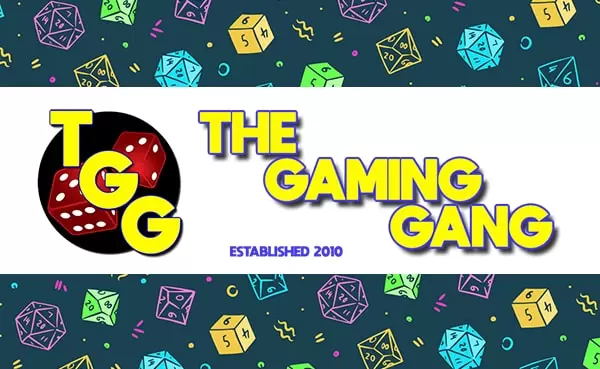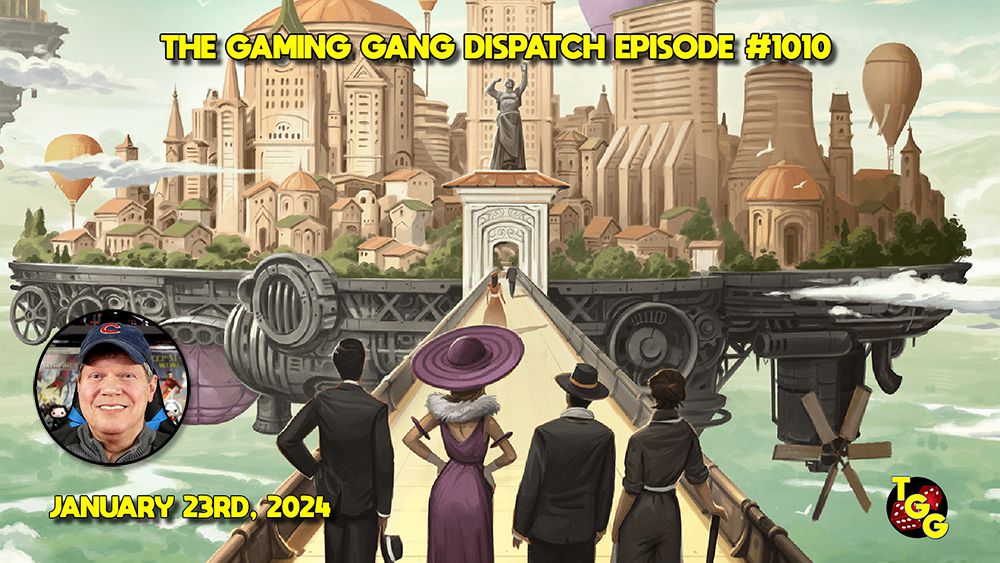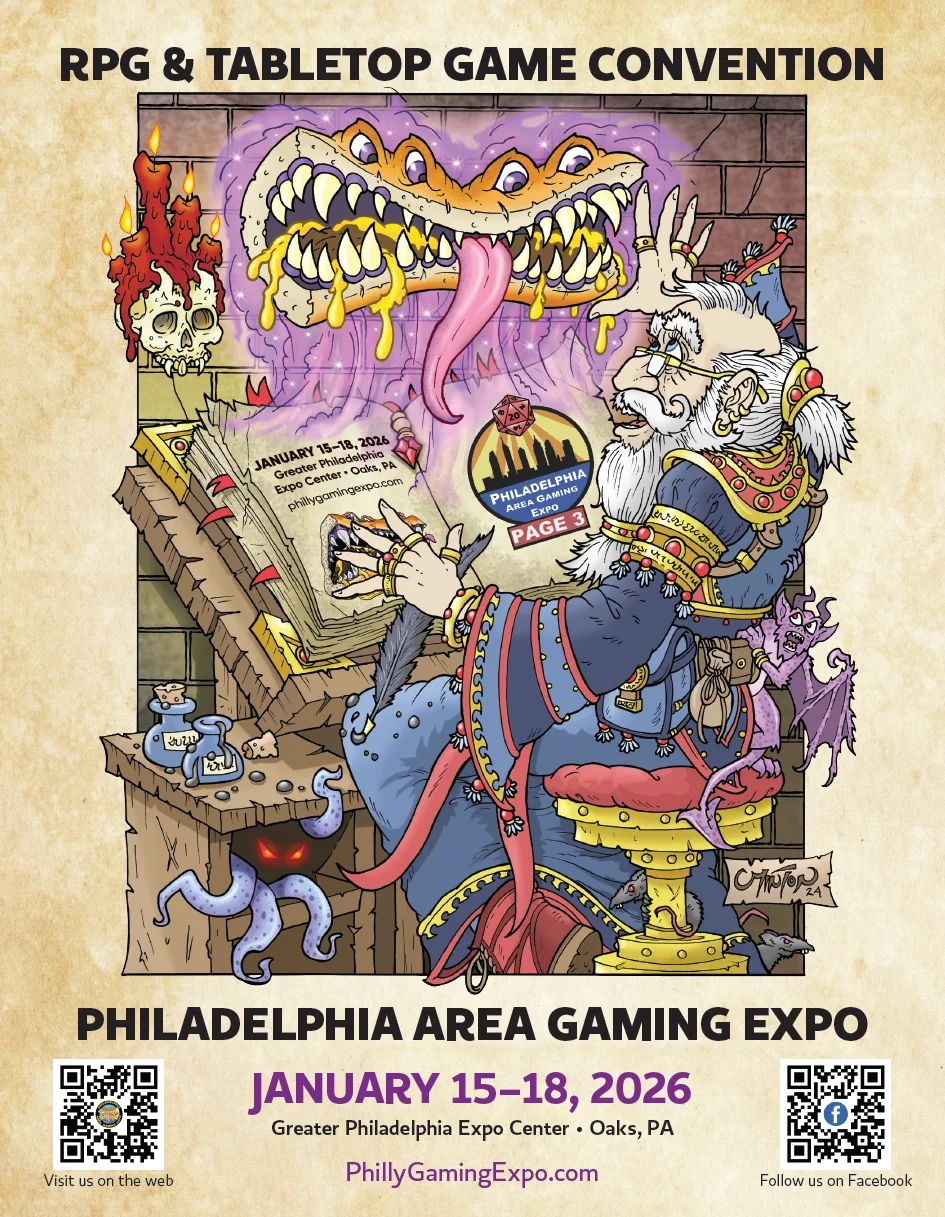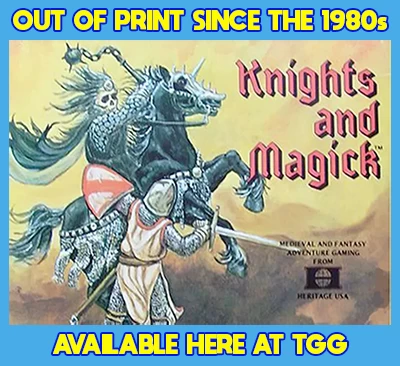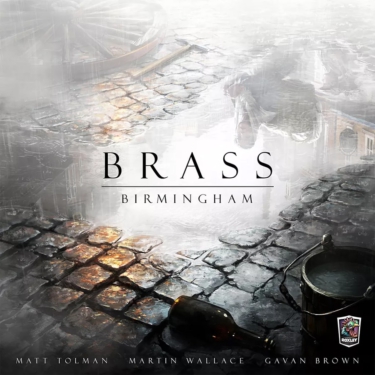
Publisher: Roxley Games
Designers: Martin Wallace, Matt Tolman, and Gavan Brown
Artists: Gavan Brown, Lina Cossette, David Forest, Damien Mammoliti, Matt Tolman
Year: 2018
Genre: Economic strategy game of hand management and network building set in England during the Industrial Revolution
Ages: 14+
Players: Two to four players
Playtime: 60 to 120 minutes
MSRP: $95.00
Last year, Brass: Birmingham did what many thought impossible: it dethroned the cult classic Gloomhaven from its number one spot on Board Game Geek. While this topic is controversial in the board game community, there is now a good argument for Brass: Birmingham being the best board game of all time.
Brass has players taking on the role of entrepreneurs during the industrial revolution in England. Players will build factories, manage a personal transport network, juggle their finances, produce resources, and sell their factories, all in the hopes of scoring the most points after two eras of play.
After hearing that description of the game and seeing the game board, I would not blame you for rolling your eyes and trying to edge your way out to the closest exit. Please bear with me a bit longer, because taking that leap of faith into Brass does have a payoff. That payoff is an engaging gameplay loop and a brain-boggling puzzle that will have you begging the game to go on for just a few more turns.
The presentation of Brass: Birmingham is a journey all on its own. Opening the game board for the first time, you are bombarded with icons, lines, and numbers, all spitting nonsense information at you. After learning the game and playing a turn or two, these mysterious symbols become easy to read, and then the game’s art reveals itself to you. This gritty, grimy, and grim art helps to immerse you into industrial-age Britain.
As for the game itself, Brass has a pretty substantial rule set. New board gamers can find fun here, but a good teacher will need to be present at the table first. Brass: Birmingham is very much a light bulb moment game. You will spend your first few turns wondering what the heck is going on, and then, click, it hits you like a train full of coal. In my own experience, this is a wonderful part of teaching the game, as this moment almost always happens for everyone at the same time.
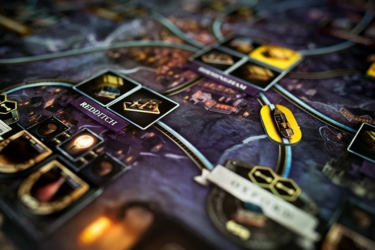
The game begins in the canal phase. Players have limitations on what routes they can build and how much they can place in each city. When the cards begin to run out, Brass: Birmingham begins to shine. With fewer cards, you have even fewer options, so every action you take needs to be carefully planned to squeeze the most value out of the current game state. Made even more tense because when everyone runs out of cards, the board resets and the rail era begins.
The handcuffs are now off your industrial empire. You have more freedom to build where you wish and however much you want. But again, there’s a limited amount of turns for the rail era, so you need to be smart in what you choose to do.
Brass: Birmingham’s greatest strength is the shared resource system. When a player produces resources, they stay on the main game board, and anyone can use them as long as there is a valid route to them. Using other players’ resources is a double-edged sword, because if the resource stack depletes, your opponent gets rewards. But with the finite number of actions you can take per era, you have to decide whether building your own resources is something you have time to do.
Speaking of decisions, Brass: Birmingham is rife with them, and this can be a major con. If you suffer from analysis paralysis in board games, this is the end-game boss you’ve been avoiding. This is a hard game, and even the most seasoned of board game players get stuck playing it, which really adds to the game length because you need time to think your turns through. This may not be a problem for you and your group, but you should be aware of it.
So is Brass: Birmingham the de facto greatest board game of all time, and should you play it? The answer is maybe, and yes, you should. Brass is far from my number one board game of all time, but let me say this: I get why it is a lot of people’s favorite game. This game makes you feel smart, and once you understand it, it is nothing but high-pressure decision-making from start to finish.
Sure, the theme can seem a little bland, and deciding what to do can be headache-inducing. But if you can plow through the rule book and get this game tabled, you will discover one of the finest board games ever produced.
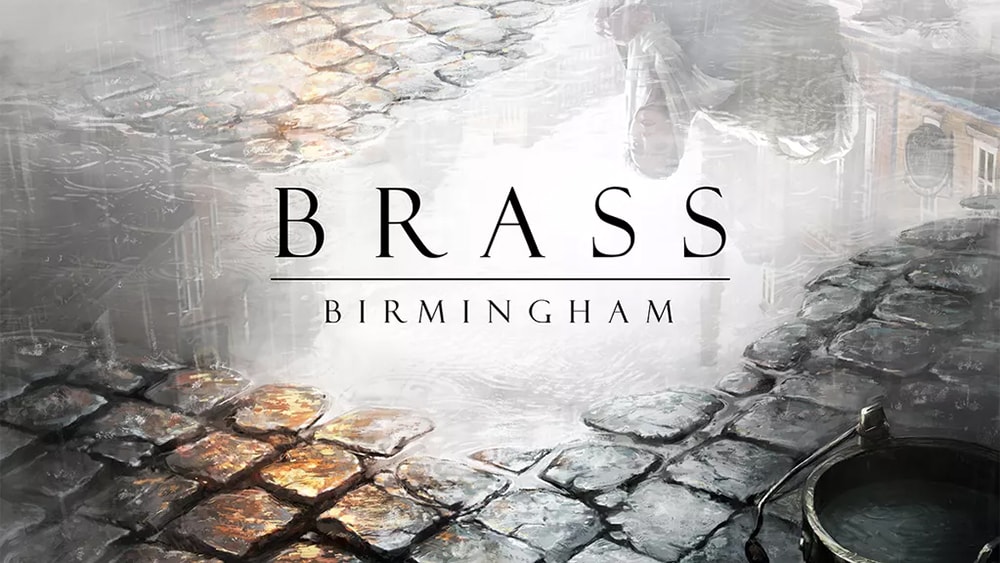
SUMMARY
Summary
- The Number One Board Game? | Brass: Birmingham Reviewed - Mar 22, 2024
